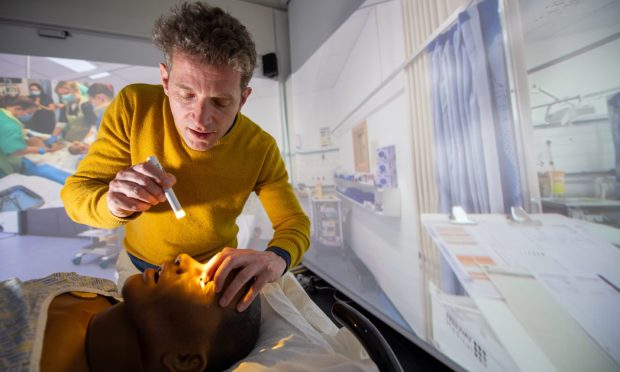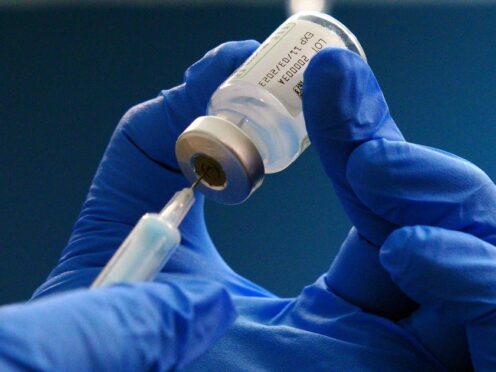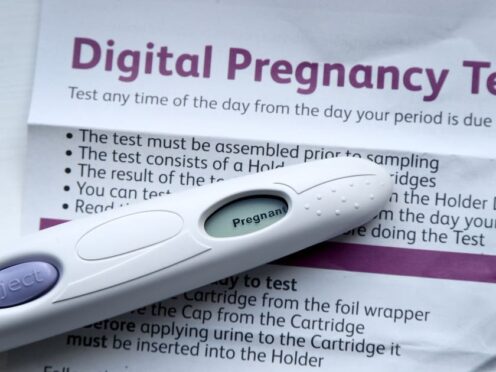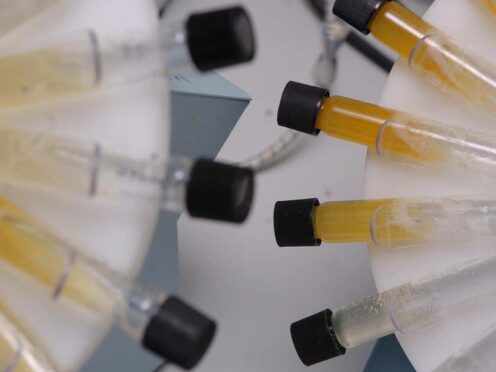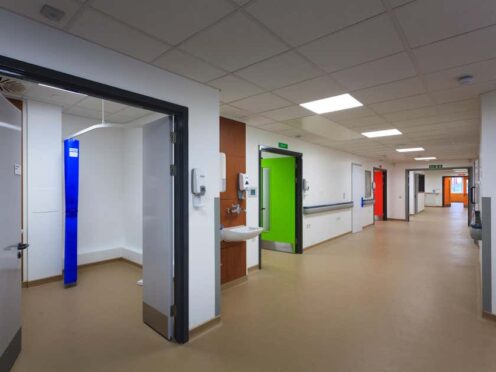Scientists from Aberdeen University have found that antibiotic use may increase the risk of developing colon cancer.
The study, conducted alongside academics from NHS Grampian and Queen’s University in Belfast, compared almost 40,000 people’s results.
Analysing antibiotic use and lifestyle factors of those who had colorectal cancer and those who didn’t – they found no link with rectal cancer, but they did with colon cancer.
It is also believed that the link could be stronger in younger people.
Researchers found that antibiotic use was linked with an estimated 50% higher risk of colon cancer in people under 50.
The numbers, while relatively low, also suggested that those over the age of 50 had an estimated 9% higher chance of developing colon cancer.
‘Not everyone who uses antibiotics will get bowel cancer’
Sarah Perrott, from Aberdeen University and co-first author of the research, said: “Antibiotic use is very common, and it is important to note that not everyone who uses antibiotics will get bowel cancer.
“However, while invaluable in medicine, antibiotics should be used appropriately and only when necessary.”
The study has been published in the British Journal of Cancer and was funded by Cancer Research UK.
Previously, only a small number of studies investigating an antibiotic and colon cancer link existed and these studies were limited to older adults and showed mixed results.
Ms Perrot added: “We found antibiotic exposure was associated with colon cancer among all age groups.
“This, along with multiple other dietary and lifestyle factors, may be contributing to increased cases of colon cancer among young people.”
Why are they linked?
Antibiotics are used to treat or prevent some types of bacterial infections. They work by killing bacteria or preventing them from spreading.
However, because bacteria are so diverse, altering it can interfere with a person’s natural immune system.
This can then lead to inflammation and potentially increase the risk of cancer.
Ms Perrott added: “Antibiotics can unintentionally induce gut dysbiosis, which may lead to permanent changes to the natural gut environment. This disruption to the gut microbiome may be what drives this increase in risk.”
It has also been emphasised that diet, lifestyle and stress affect gut health as well.
The team suggested that antibiotics should be prescribed carefully in light of the results.
She added: “Healthcare professionals and members of the public need to be aware that unnecessary antibiotic use, especially among young people, should be avoided.”
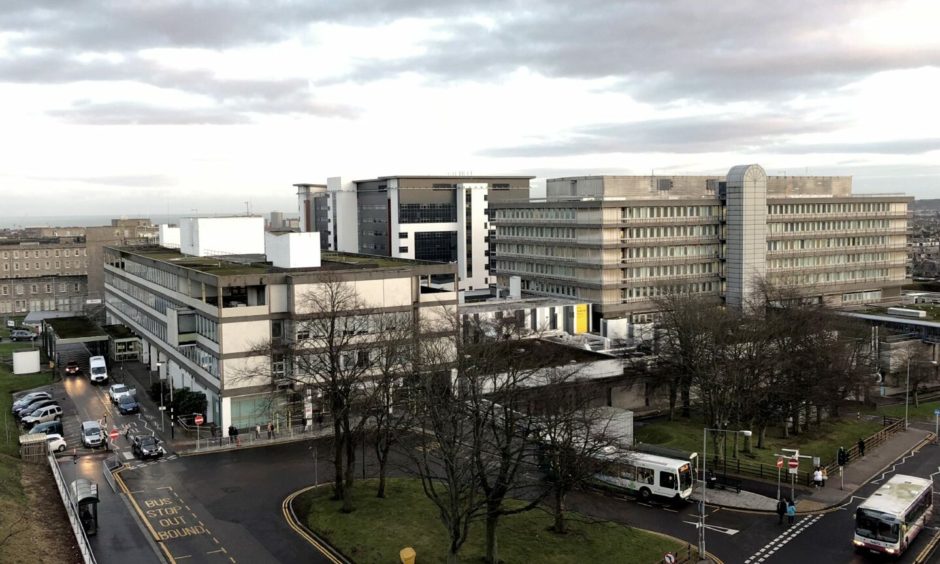
Senior author Dr Leslie Samuel, consultant GI oncologist at NHS Grampian, said: “We are seeing more cases where people under 50 are being diagnosed with colorectal cancer – a disease traditionally seen in older people. Many do not have factors we might expect to see, such as diabetes, obesity, high alcohol intake and a sedentary lifestyle.
“The gut microbiome comprises a delicate balance of bacteria and disruption to that – be it from lifestyle factors or from repeated use of antibiotics as we have seen here, can have very serious consequences.”
Medical alternatives
After publishing the study’s findings, the team have suggested that probiotic supplements could counteract the antibiotics adverse effects.
Their use could improve and restore a gut to its natural equilibrium.
Alice Davies, health information manager at Cancer Research UK, said: “The results of this study build on previous research examining a link between antibiotic use and colon cancer.
“Currently there isn’t enough evidence to say if antibiotics are definitely increasing people’s risk, but this gives us another piece of the puzzle. Continued research is needed, we still need to understand which antibiotics might increase the risk, how this happens, and how much they increase risk by.
“Antibiotics are an essential tool in combatting common illnesses so it’s important to follow your doctor’s advice on taking them.”





